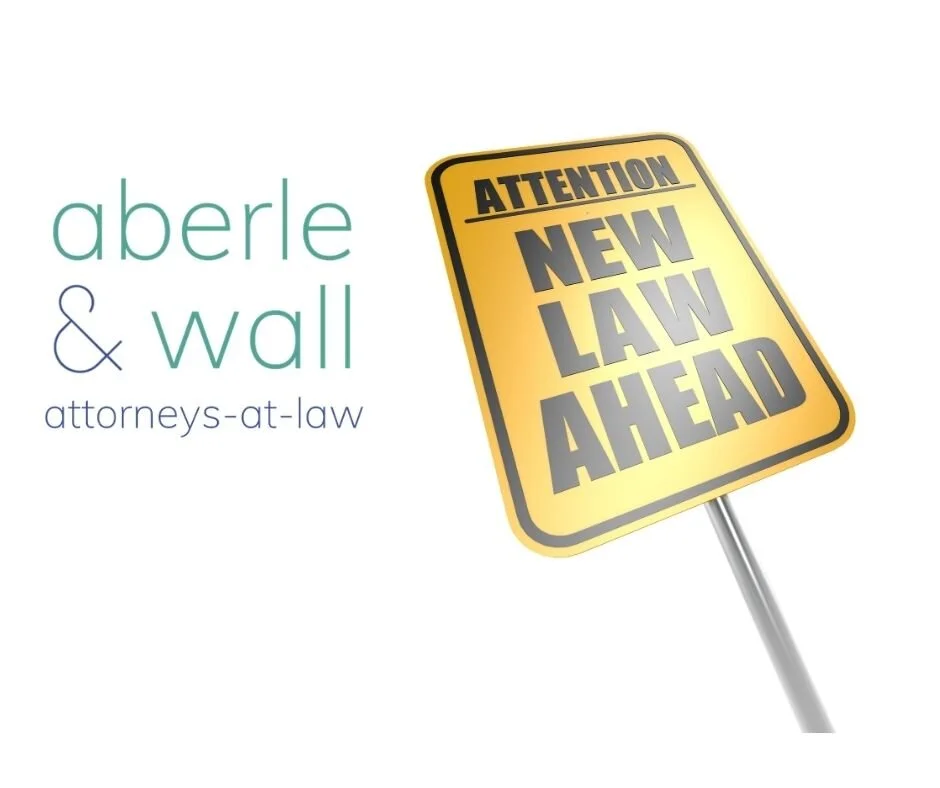How the Second Chance Act Changes Expungement Requirements
On June 25th, 2020, North Carolina Governor Roy Cooper signed Senate Bill 562 (The Second Chance Act) into law. This bill, which passed unanimously in both chambers of the NC General Assembly, amends current law to expand some access to expunging criminal records in three limited but significant extra circumstances. In North Carolina, the term “expunction” is used interchangeably with “expungement.”
Juvenile Convictions
Last year, North Carolina became the last state in the nation to raise the juvenile age to 17 for criminal offenses when it passed the Raise the Age legislation. Though there are some exceptions for more serious crimes which can be brought into adult court, most juvenile convictions remain sealed and are effectively prevented from becoming public knowledge or searchable in most criminal background checks. For years before this Act was passed, however, several young 16 and 17 year olds were charged as adults and now have convictions that aren’t sealed in juvenile records.
The Second Chance Act fixes this problem by allowing for expungements of certain convictions where the defendant was 16 or 17 at the time of the offense. There are some limitations on this however. Eligible offenses are only misdemeanors and class H and I felonies, but not DWI or any offense where sex offender registration might be required, even if the defendant wasn’t required to register. Furthermore, the defendant must have repaid any outstanding restitution and have completely finished any term of probation or post release supervision.
In an unusual amendment to the legislation, District Attorney and Law Enforcement Offices may still have access to expunged records for specifically enumerated, though extensive, purposes. This part of the law becomes effective December 1st, 2020.
Automatic Expunctions for Dismissed Cases
Effective on July 1st, 2021, expunctions for charges that are voluntarily dismissed without leave, dismissed by the court, or there is a finding of not guilty by a court or jury, shall be expunged automatically. In the past, and up until the effective date next year, dismissed charges could be expunged by the defendant filing a petition and waiting for approval. Though there has not been a clear implementation plan yet put forth, these types of dismissed case will now begin the process of expungement automatically. This law, however, will not be retroactive and if you have a prior dismissed charge or have been found not guilty, feel free to contact a Greensboro criminal lawyer for a free consultation on whether you qualify for an expunction.
Limited Expansion of Expunctions for Prior Convictions
Prior to the passage of The Second Chance Act, acquiring an expungement of a prior conviction was very tricky. Whether you qualified depended on whether the crime was a felony or a misdemeanor, whether it was violent crime or not, how old you were when you were convicted, how many years had passed since the conviction, and whether you had had an expunction of a prior conviction before. To make matters more complicated, sometimes you could get more than one of those types expunctions, but if you picked the wrong type first, you might leave yourself stuck with a conviction that you could have gotten rid of if you had expunged the cases in a different order. That process got a little clearer with some amendments a few years ago, but it left open the problem that most people could only ever get one conviction date expunged from their record, even if they had gone years and years without any criminal charges.
The Second Chance Act allows for prior qualifying non-violent misdemeanor and felony convictions, even if occurring on different dates, to qualify as one prior conviction that may be expunged. There are several exceptions under this new rule and a slightly shorter time limit to qualify for expunction. The Second Chance Act modifies N.C.G.S. 15A-145.5(c) to state the following:
(c) A person may file a petition, in the court of the county where the person was convicted, for expunction of one or more nonviolent misdemeanor convictions or one nonviolent felony conviction from the person's criminal record. The petition shall not be filed earlier than one of the following:
(1) For expunction of one nonviolent misdemeanor, five years after the date of the conviction or when any active sentence, period of probation, or post-release supervision has been served, whichever occurs later.
(2) For expunction of more than one nonviolent misdemeanor, seven years after the date of the person's last conviction, other than a traffic offense not listed in the petition for expunction, or seven years after any active sentence, period of probation, or post-release supervision has been served, whichever occurs later.
(3) For expunction of one nonviolent felony, 10 years after the date of the conviction or 10 years after any active sentence, period of probation, or post-release supervision has been served, whichever occurs later.
A person previously granted an expunction under this section is not eligible for relief under this section for any offense committed after the date of the previous order for expunction.
These amendments will go into effect December 1st, 2020. There are also additional requirements, including any completion of probation, payment of restitution, a finding of good moral character, among others.
While any legislative attempt to ease the burden of people haunted by the specter of a prior conviction, particularly in this job climate, is a welcome step towards meaningful criminal justice reform, these new rules are often confusing territory to navigate alone. If you are unsure about whether you qualify for one of these new expunction rules, please contact a criminal lawyer in Greensboro, NC for help.

